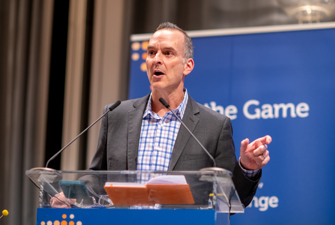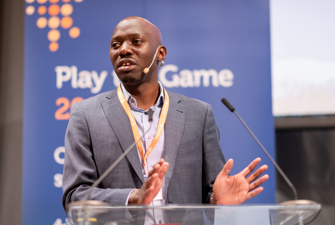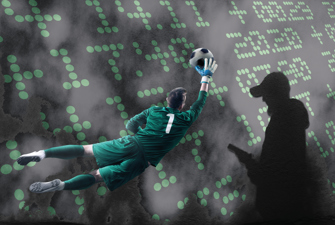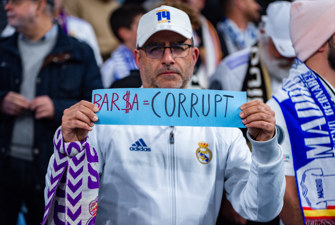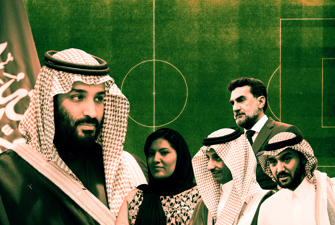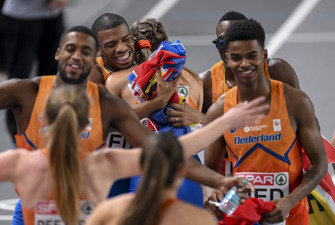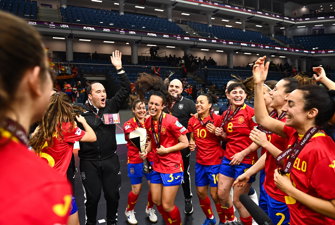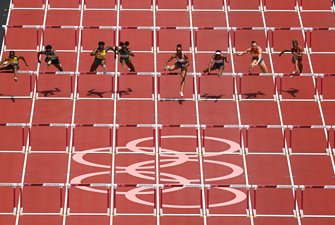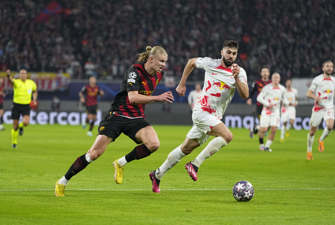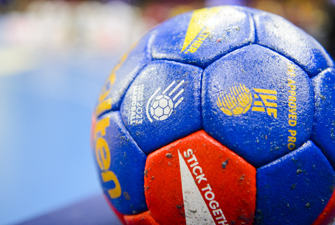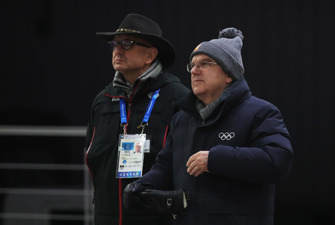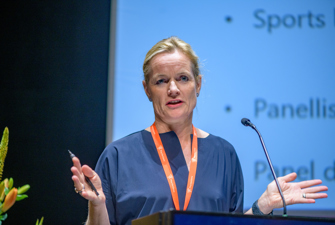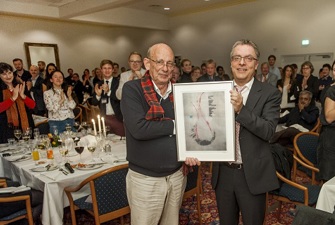How can governments improve sports governance?
“Good sports governance” is something of a buzz-phrase. But how can sport be better-administered? And how can governments help?
No sports body would claim it does not aspire to good governance. However, some organisations are run far better than others. Play the Game 2015 asked what factors constitute best practice in sports governance, and what can be done to improve it.
Marko Begovic of Montenegro’s Directorate for Sports and Youth said that 2013 research had found that domestic sports organisations did not live up to legal requirements in many areas. Organisations did not have clear regulations on elections, he said, allowed multiple term limits for presidents, and allowed officials to hold office in different bodies. Few organisations held copies of athletes’ contracts, he said, and standardised medical procedures were rare. Furthermore, few internal or external audits were made available and disciplinary and ethics body often had no terms of reference, he said.
National federations’ values often reflected the values of volunteering and amateurism and civil service, he said, which were not best-suited to modern sports governance. As a result of the investigation, six national sports federations had been banned from conducting any sporting activities, he added. The Montenegrin investigation resulted in a report recommending mandatory audits, new financial allocation and spending safeguards, provisions to combat money laundering, and clear obligations regarding the position of athletes. It also proposed the establishment of a new National Agency for Sports Integrity.
Mandatory governance standards
James Ceeley of the Australian Sports Commission said that his organisation was working to transform sports organisations into businesses able to deliver “commercially viable participation products”. However, for these organisations to be viable, he said, they must be seen to be well-run. Good governance is also vital to ensure that individual sports remain relevant, he said.
A set of mandatory governance standards for Australia’s sports organisations include conflict of interest registers and term limits on directors of sports governing bodies, he said. Priority areas include building sports capacity and a demand for lifelong participation, he said.
Taisuke Matsumoto, a lawyer specialising in sports business law and governance, was instrumental in formulating Japan’s new Good Governance Guidelines for National Sport Federation (NSF). Published in March 2015, by the nation’s Sports Arbitration Agency, the guidelines identify a number of principles that sports organisations are expected to abide by. These, he told Play the Game delegates, include the adoption of a code of ethical conduct and compliance, transparency and accountability, stakeholder involvement and effective financial management
Ethical behaviour
Øyvind Mehus Sjurse, Senior Advisor at the Norwegian Ministry of Culture, provided a summary of the Norwegian model, where good governance principles are a specific requirement for state funded organisations.
“It is important to be very clear about why the government funds organised sport” he said. “It not only represents a value for the individual, but also the community and society at large. Sport receives significant public funding and the realisation of its full social and ethical potential depends on good governance.”
All state-funded bodies must agree to abide by ethical behavior, inclusion, and democratic principles, he said. It was “quite a task” to ensure that thousands of sports clubs initiated good governance, he said, but failings were not normally a question of ill-will, and more a lack of competence.
Elvira Baze of Albania’s Ministry of Sport summarised measures her nation was taking to improve sports governance. These, she said, included the establishment of a sports school federation, a new definition of elite athletes, and new legal regulations defining the professions of coach, fitness instructor and professional sportsman. Steps were also being taken to aid formerly publicly-funded sports bodies to become self-financing, she said. Albania’s qualification for the Euro 2016 football tournament had given national sport a huge boost, she said.
“We are a small country facing a lot of financial issues, but we have the will to improve,” she said.























